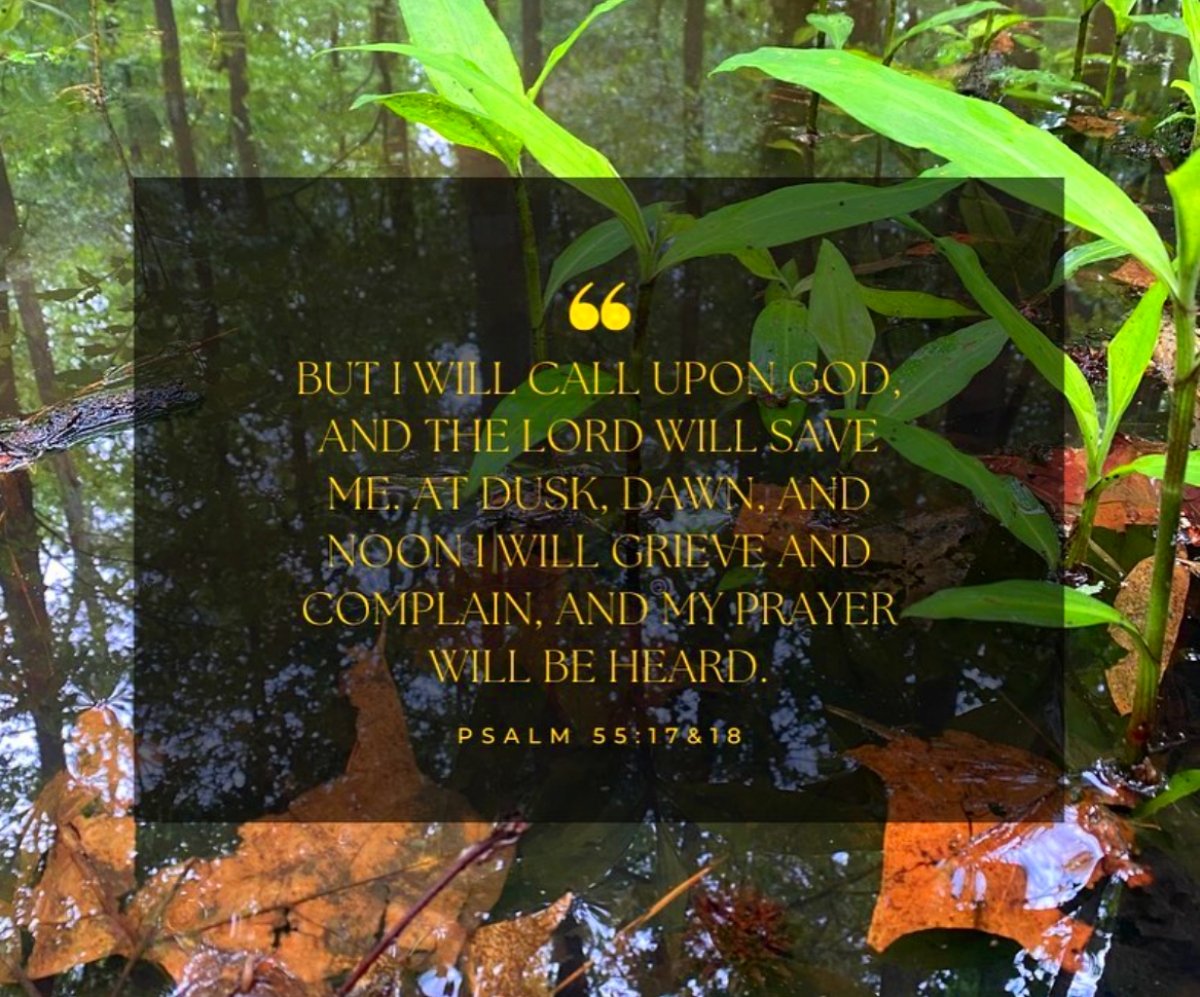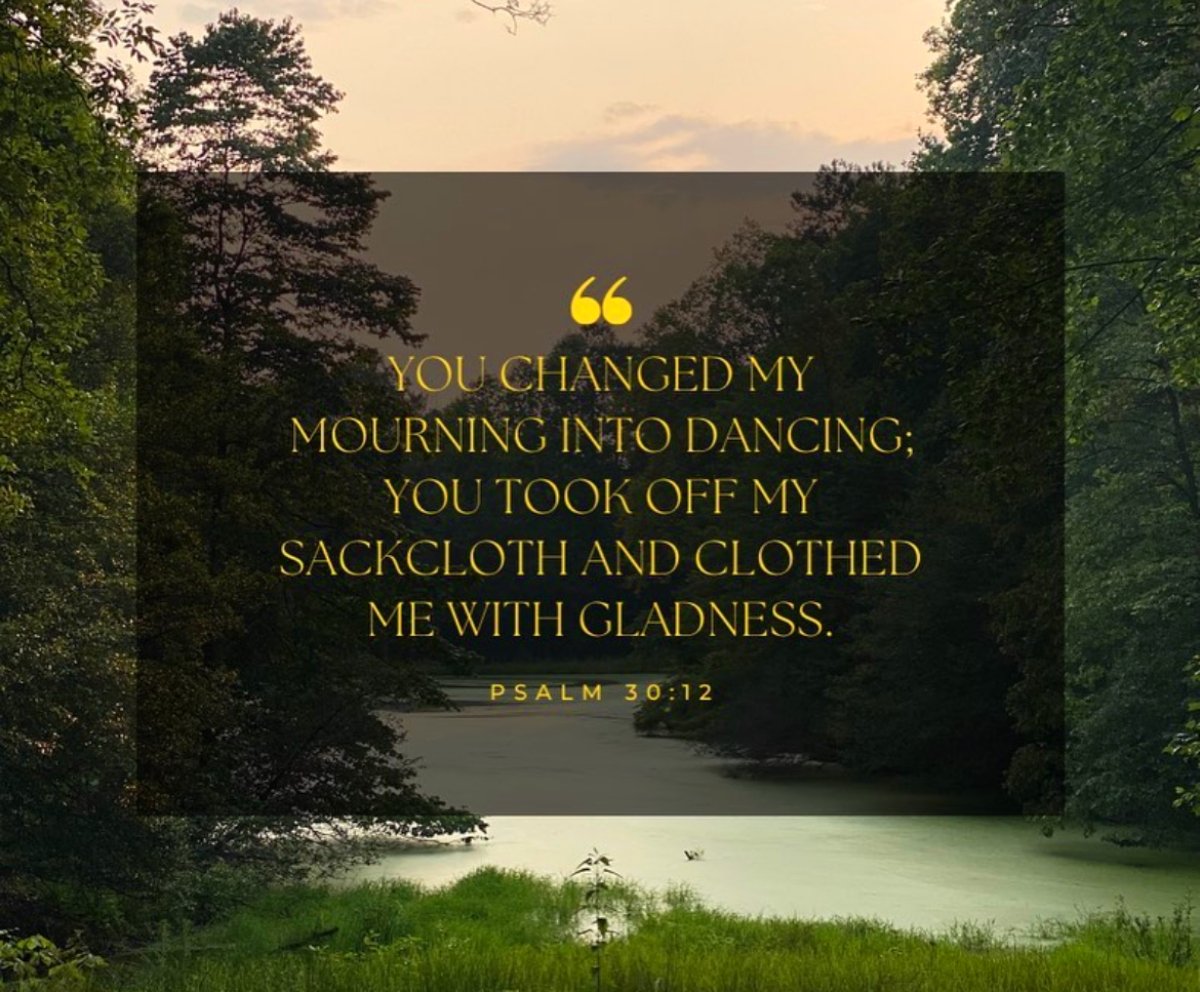
Johanna Stamps ponders how the Psalms can be comforting to the grieving heart.
Praying the Psalms is a beautiful, intentional activity in the darkest moments of grief.
There is something about the seemingly erratic nature of the authors’ emotions. As I was praying through the Psalms and writing recently, I felt a prompting to write my own:
- I’m downhearted
- No matter how much I do, I seem to step backward
- I’m like a mountain climber being blown off a cliff by a mighty wind
- I fall towards peril and there is no net to save me
- Are you there?
- You extend your hand and I grasp on
- I cling to you for dear life
- Each day you save me

As I began reflecting on the nature of the psalms and the exercise of writing my own, I saw how closely they follow the road of grief it seems God calls us into.
There are a few elements of my psalms that bring me to seeing this deep connection with pain and love. And when I went back to look at other psalms, I saw that there’s a real connection between what was and what will be.

Step 1: Cry Out
First and foremost, psalms start out, often beautifully, with exactly where the author is emotionally and sometimes physically. I think of, “I’m frail,” or “My bones suffer moral agony,” or “my soul is in deep anguish.” There is no fear in expressing the depth of suffering—sometimes to the point of it sounding erratic.
As I mentioned recently, I’m often too quick to add a silver lining to a tough situation and try to simply move on. In these cases, I’m often haunted by grief for much longer than what it would look like if I faced my troubles head-on because I have not dealt with the depth of emotion tied to the experience. By putting words to whatever deep emotion I’m experiencing, I can give it a voice and be able to move past it—or at least understand it better.

Step 2: Ask
Next, it often seems like David is especially a pro at calling to God and saying exactly what he needs. Is it intervention? Is it comfort?
I was joking with a coach and friend this week as I realized that, as I was praying for a new workspace, I was actually praying for a jail cell. My image of a work sanctuary consisted of a desk, chair, window, and a little light. As I began to get clarity on the smallness and ambiguity of my prayer, I started praying into a bigger, more specific vision God had put on my heart.
My dream isn’t to have that little space to crawl away to and hide myself in. Instead, I have dreamed of a space where people can come to experience nature, quiet, and beauty for what feels like forever. The issue is that I have always seen the latter as a long-term dream, but with patience and a bit of eye-opening, I’m realizing that the hopeful scenario may soon become reality.

Step 3: Use Analogies
Psalms, so eloquently, focus on powerful analogies. Green pastures and still waters are the first that comes to mind, but it seems almost every more personal psalm has a fitting analogy.
Analogies are often our way of drawing the word picture of our experience. Analogies can also be powerful tools when we are in our deepest and darkest moments. Sometimes, life is so dark that our brain doesn’t want to go there. An analogy can be a way of gaining a bit of objectivity, allowing the brain to begin processing—to begin facing reality. In sessions with clients, an analogy can often take them to a deeper level of awareness than they knew existed. This is why journaling is such a powerful tool to get to the bottom of whatever you may be feeling.

Step 4: Speak Truth
Finally, there is the opportunity to echo a God-given truth. There is only one psalm that ends on a hopeless note: Psalm 88. While there is a beautiful place of melancholy in that space, the hundreds of others end with examples of the realization of God’s faithfulness. They end on a breath of fresh air.
A specific example of this is a simple response to any fear put forward in a coaching session: “What is the truth about this situation?” Sometimes, you get the feeling in the Psalms that the truth of God’s love is hard to grasp in the moment, but we see countless examples in David’s story where God was faithful, and we can look through our own stories and see a similar pattern.

Sharing a Psalm
Often, the idea of doing a creative activity while grieving can seem far-fetched—almost ridiculous. In those cases, going straight to the Psalms can be exactly what you need.
But which one?
Here are seven hand-selected verses of psalms for the broken-hearted:
What psalm is coming to life as you read this? What is the psalm that speaks to you today? What type of psalm would you write if you took paper to pen today?
Visit Instagram to share the inspiring graphics from this post.

Copyright 2023 Johanna Stamps
Images: (top) Canva; all others copyright 2023 Johanna Stamps, all rights reserved.
About the Author

Johanna Stamps
Johanna Stamps is a grief coach, writer, and artist focused on bringing hope and healing to women experiencing a major loss. Sign up to receive her weekly Reflections & Inspirations. After becoming a first-time mother at 39, Johanna has embraced a household with three generations. The best part of Johanna’s day is singing worship music loudly in the car with her preschooler while running errands.


.png?width=1806&height=731&name=CatholicMom_hcfm_logo1_pos_871c_2728c%20(002).png)
Comments